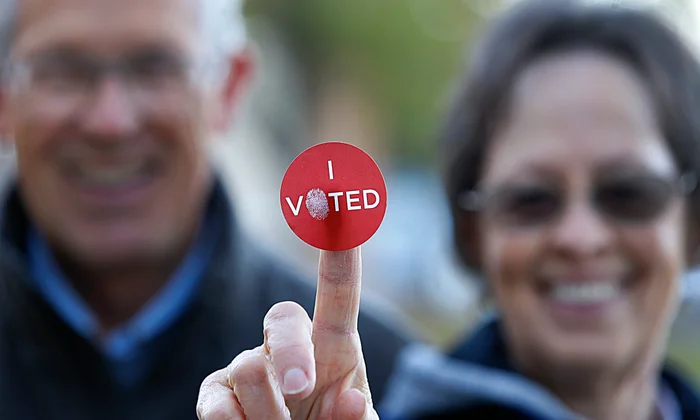Election 2024: Why Atheists Mattered Like Never Before

The 2024 US election marked a historic turning point—not just for its fiercely contested races, but for the visible clout of atheist and agnostic voters. For the first time, exit polls found nearly a quarter of Democratic voters identified as nonreligious, making “nones” one of the party’s most pivotal constituencies.
Political analysts say this shift is more than demographic trivia: it signals a cultural watershed. For years, secular Americans have felt invisible, their priorities overlooked as politicians pandered almost exclusively to faith voters. In 2024, however, the progressive platform saw a sharpened focus on church-state separation and science-based policy, from climate change to healthcare. Secular advocacy groups, many founded only in the last decade, successfully lobbied for more inclusive language and challenged attempts to erode legal protections for nonbelievers.
Why now? Rapid generational change is one reason—Gen Z is the least religious on record—but also a sign of broader unease with the politicization of religion. Yet, the rise in power comes with risks. Conservative commentators warn the growing visibility of atheists further polarizes the electorate. Others within secular circles urge caution about becoming “just another interest group,” insisting the goal should remain universal rights for all, not advance for the nonreligious alone.
If one thing is clear after 2024, it’s this: atheists in America are no longer a political afterthought. The challenge now is how to wield that influence with humility and for the common good.
